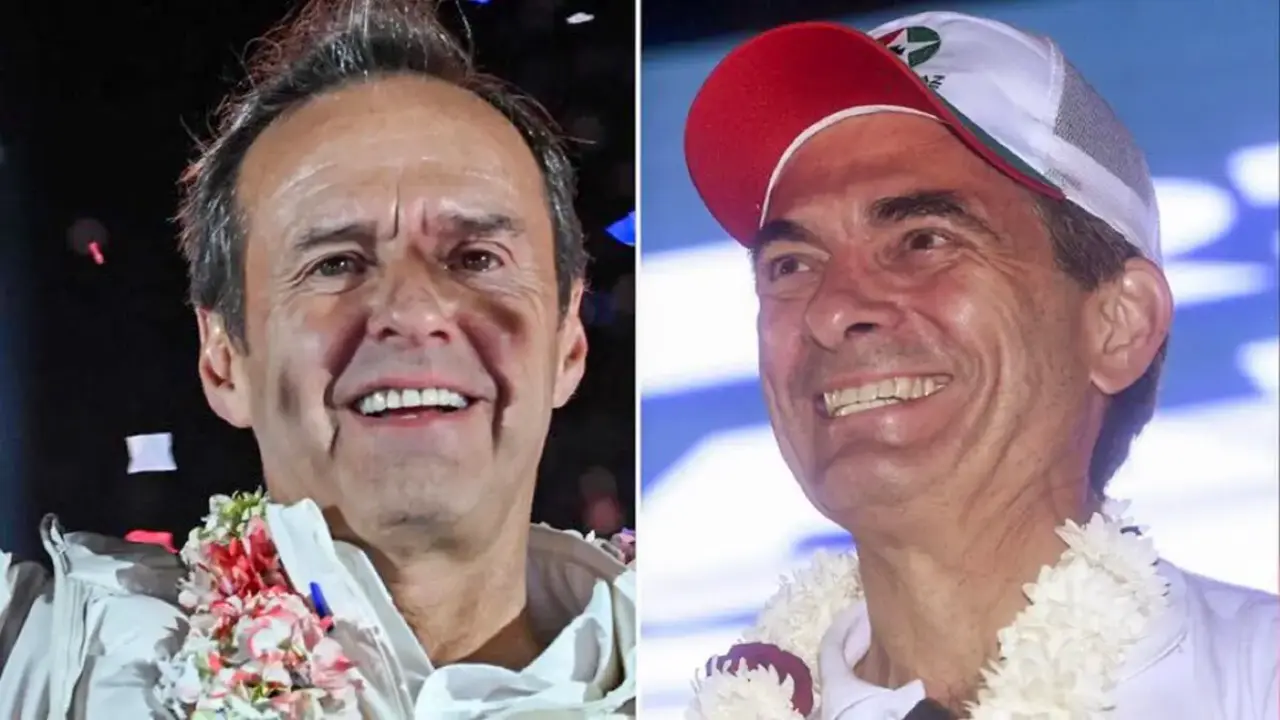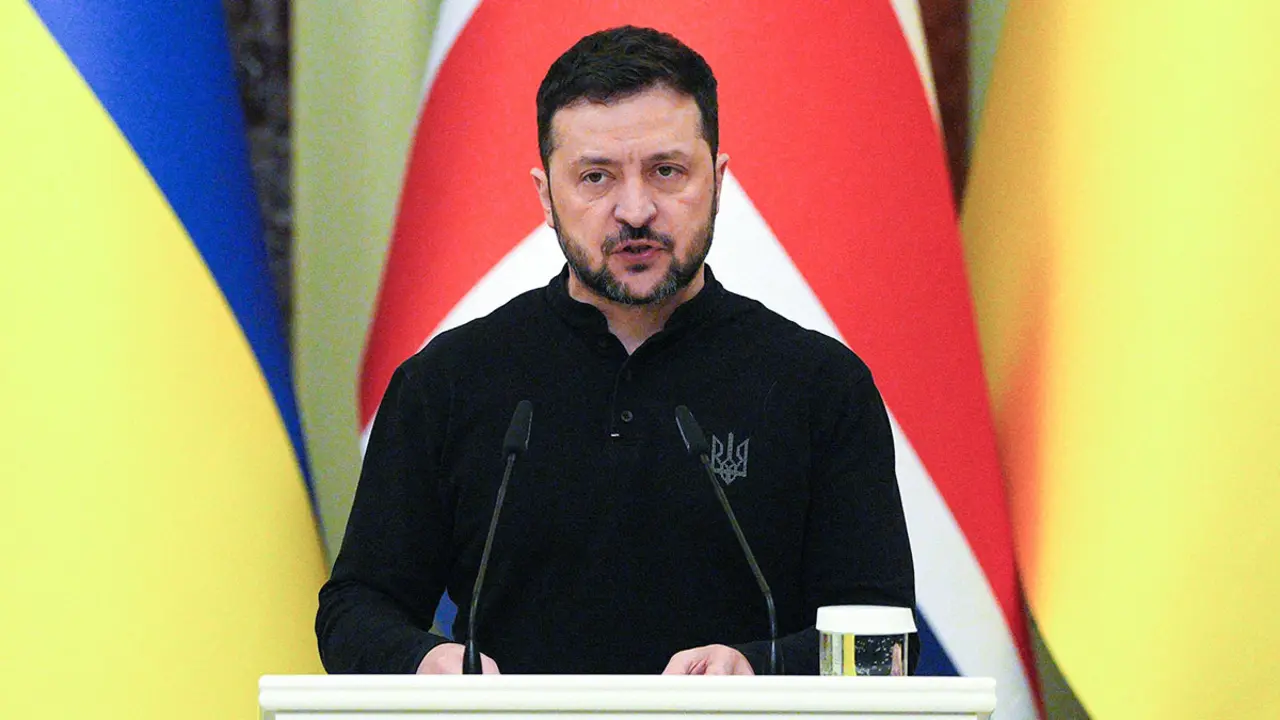AMLO referendum crashes with 7% turnout
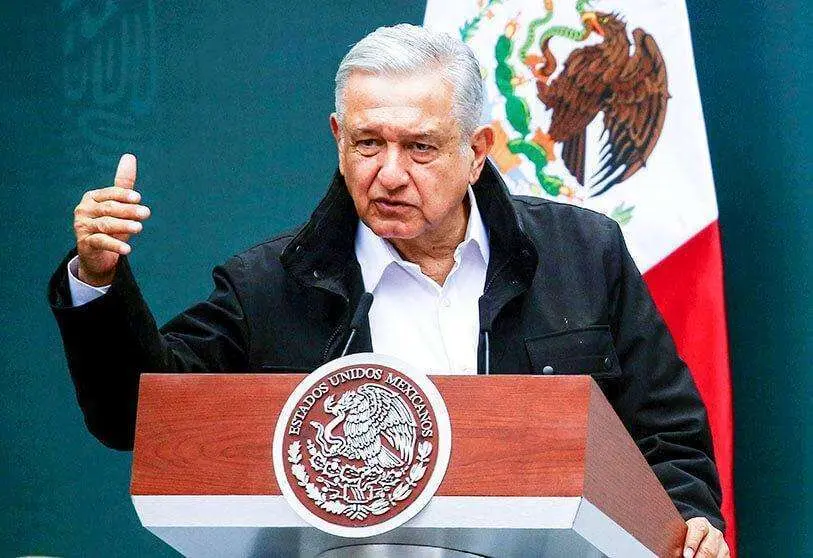
Mexico has a history of blackened power. The occupants of the Aztec leadership have been mired in suspicions of dishonesty, the least, and evidence of corruption, the most. This factor, coupled with the rampant populism of the current leader, prompted President Andrés Manuel López Obrador himself to call a referendum on Sunday with a clear objective: to kill two birds with one stone. On the one hand, to close ranks around him; on the other, to prosecute his predecessors in office.
"Do you agree or disagree that, within the constitutional and legal framework, actions should be taken to clarify the political decisions taken by politicians in the past, with the aim of ensuring justice and the rights of potential victims?" read the question issued in the consultation. For some, it was an ambiguous question. However, this was decided by the Supreme Court of Justice in order to prevent it from explicitly singling out individuals.
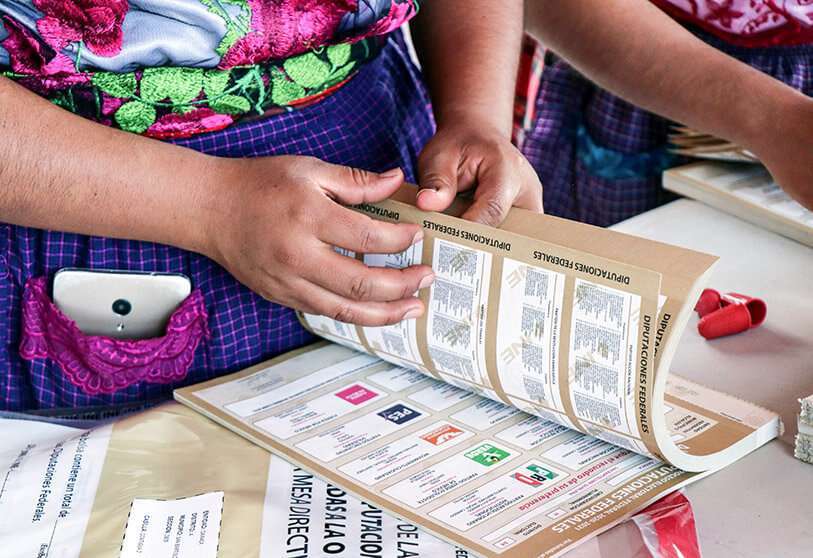
López Obrador called for a popular vote to be held on Sunday 1 August to decide whether or not to prosecute the last five Mexican presidents: Carlos Salinas de Gortari, president from 1988 to 1994; Ernesto Zedillo, in office from 1994 to 2000; Vicente Fox, head of state from 2000 to 2006; Felipe Calderón, leader until 2012; and finally Enrique Peña Nieto, AMLO's direct predecessor. The current president accused all of them of making decisions against the country's interests, and they have been accused of embezzlement, illicit enrichment and corruption.
López Obrador himself said he would vote "no" in the referendum, although he later admitted that he would not participate: "I am not strong on revenge", he added. However, the leader has tried to promote participation. A push that has not proved sufficient. The plebiscite has dealt a blow to his expectations because, despite the fact that 90% of voters voted "yes", turnout has been minimal. Only 7% of Mexicans took part in the referendum.
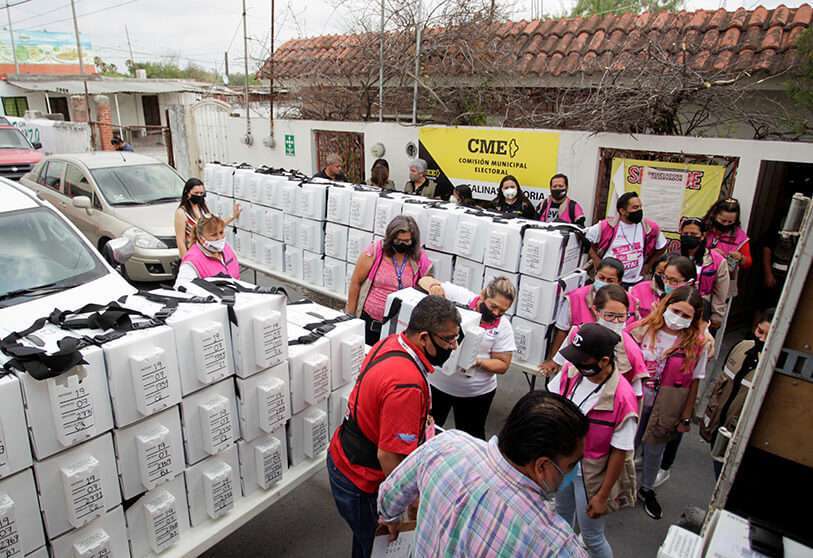
To be binding, the referendum required a turnout of more than 40 per cent. More than 37 million Mexicans had to go to the polls to project sufficient legitimacy to López Obrador's plan. On the contrary, the polling stations have hardly been busy at all. Many of them were even completely empty. The consultation was intended to satisfy the demands of a section of Mexican society comprising at least two million people who signed a petition in 2020 calling for the impeachment of the former presidents. However, Mexicans' concerns seem to differ from AMLO's interpretation. Some see the vote as a mere propaganda exercise.
The consultation has provoked a clash between Morena, the president's political party, and the National Electoral Institute (INE). The head of the institution, Lorenzo Córdova, was accused by Morena's representative to the body of wanting to sabotage the plebiscite after reducing the number of polling stations compared to the last elections. The friction between AMLO and the ruling party has been constant since he came to power. In any case, Córdova has praised the result of the consultation for "being the first with certainty and legality".
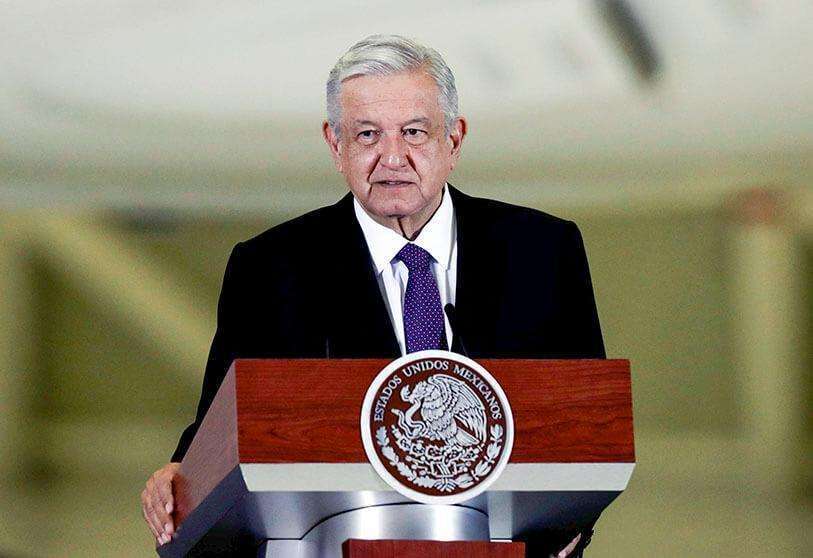
The secretary general of Morena, Citlalli Hernández, called the vote a success simply because it was held: "The 'yes' vote won and a new stage against impunity begins in our country, where the victims will be at the centre. The people's clamour for justice greatly outweighed the no. May their voice never be forgotten. The tone of the opposition does not fit this framework. The national leader of the Party of the Democratic Revolution (PRD), Jesús Zambrano, has described the consultation as a farce and highlighted the failure of López Obrador's populist bid.
Latin America Coordinator: José Antonio Sierra.







